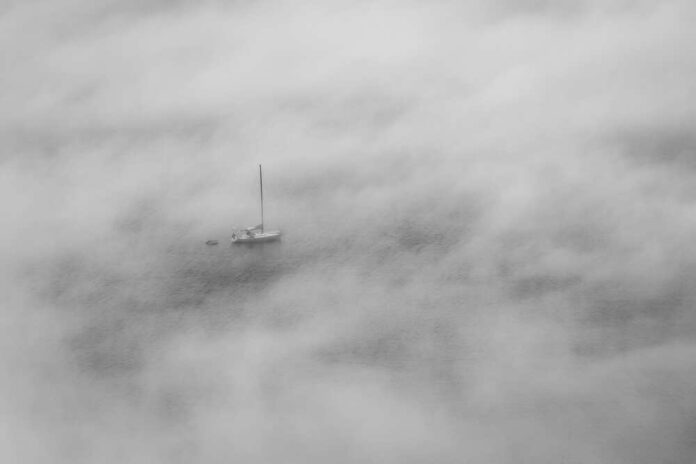
A Russian man was miraculously rescued after 67 days lost at sea, but his brother and nephew did not survive the harrowing ordeal.
At a Glance
- Mikhail Pichugin survived 67 days adrift in the Sea of Okhotsk
- His brother and nephew, who were with him, did not survive
- The trio set out for a whale-watching trip in early August
- Pichugin lost half his body weight and was found severely dehydrated
- A criminal investigation has been opened into potential safety violations
Miraculous Rescue After Two Months at Sea
In a remarkable tale of survival, 46-year-old Mikhail Pichugin was rescued by fishermen off Russia’s Kamchatka Peninsula after spending 67 days adrift in the Sea of Okhotsk. The rescue occurred 11 nautical miles from shore, with Pichugin found in a small inflatable boat that had traveled approximately 540 nautical miles from its starting point.
Pichugin’s wife, Yekaterina, told RIA Novosti, “It’s a kind of miracle.” The survivor was found in a severely weakened state, having lost half his body weight during the ordeal. Upon rescue, Pichugin, wearing a life jacket, was recorded saying, “I have no strength left.”
Tragic Loss and Failed Engine
The journey began in early August when Pichugin, along with his brother Sergei and nephew Ilya, set out from Russia’s Khabarovsk region for a whale-watching trip to the Shantar Islands, with plans to continue to Sakhalin Island. The group had enough supplies for about two weeks, but their boat engine failed, leaving them adrift in the vast sea.
“Come here!” A video released by the prosecutor’s office showed an emaciated man in a life jacket desperately shouting
Tragically, Pichugin’s brother and nephew did not survive the ordeal. Their bodies were found in the boat when fishermen discovered the vessel, initially mistaking it for debris. The fishing crew’s keen observation turned what could have been another overlooked piece of flotsam into a life-saving rescue operation.
Medical Treatment and Investigation
Upon rescue, Pichugin was immediately treated for dehydration and hypothermia. He was transported to a hospital in Magadan, where he is reported to be in stable condition. The survivor’s weight had plummeted to a mere 110 pounds, a stark testament to the extreme conditions he endured.
In the wake of this incident, local authorities have launched a preliminary criminal investigation. The prosecutor’s office is examining potential violations of safety rules that may have contributed to the deaths of Pichugin’s companions. This inquiry underscores the importance of proper preparation and adherence to maritime safety protocols, especially for recreational sea voyages in remote and challenging waters.
As Pichugin begins his recovery, his survival story serves as a sobering reminder of the sea’s unforgiving nature and the indomitable human spirit in the face of seemingly insurmountable odds. The tragedy of his lost family members casts a somber shadow over what would otherwise be a tale of miraculous survival, prompting reflection on the risks associated with maritime adventures and the crucial need for comprehensive safety measures.
Russian man rescued after 67 days adrift at sea. His family members didn't make it. https://t.co/Z4b8U8Fobq
— Fox News (@FoxNews) October 15, 2024














